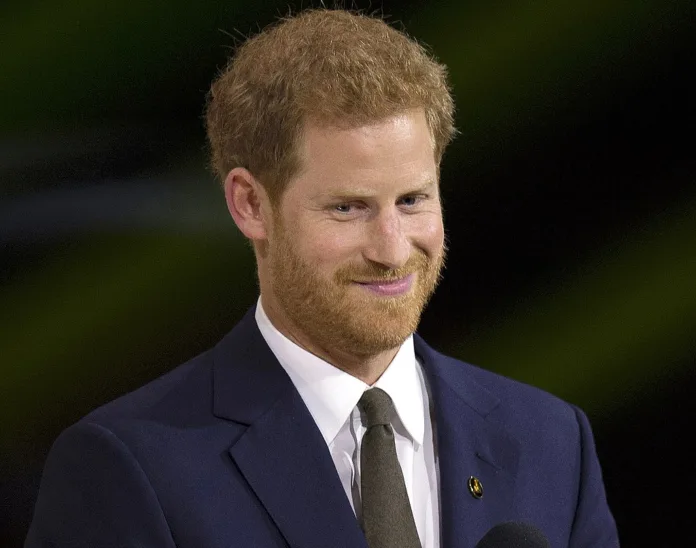Prince Harry’s attempts at reconciliation with the royal family falter amid ongoing exclusion from key events and strained familial relationships
Prince Harry, Duke of Sussex, once an integral part of the British Royal Family, now finds himself increasingly isolated from familial ties that were once central to his life. Recent months have seen Harry conspicuously absent from significant royal gatherings, including the Trooping the Colour ceremony in June and a desired reconciliation meeting with King Charles III in May. His exclusion from these events underscores the deepening rift within the family and the challenges Harry faces in repairing strained relationships.
Royal observers and commentators have noted a pattern of missed opportunities and strained interactions that paint a bleak picture of Harry’s hopes of reconciliation. Despite his public statements and occasional visits to the UK, including a poignant return for the Invictus Games Foundation anniversary, Harry’s efforts to mend fences have not yielded the desired outcomes. His absence from family events and apparent lack of progress in rebuilding trust and communication have only intensified public and media scrutiny.
Embed from Getty ImagesJennie Bond, a respected royal correspondent, expressed scepticism about the prospects of Harry bridging the divide. She remarked pointedly that Harry’s recent visits lacked the strategic planning necessary to facilitate meaningful discussions with his father, King Charles III, suggesting a disconnect in priorities and expectations between Harry and other members of the royal household.
The complexities of Harry’s relationship with the Royal Family are further compounded by his decision to step back from royal duties in 2020, alongside his wife Meghan Markle, the Duchess of Sussex. This departure marked a significant turning point in Harry’s life, as he sought a more private and independent existence away from the intense scrutiny of royal life and the British press.
Analysis:
Political Perspective: Prince Harry’s strained relationship with the Royal Family highlights broader challenges within the monarchy. His departure and subsequent attempts at reconciliation underscore ongoing debates about the relevance and adaptability of traditional royal roles in a modern, globalized society.
Social Perspective: Harry’s public struggles reflect broader issues of family dynamics and personal identity. His journey resonates with many who navigate complex familial relationships and the consequences of diverging paths within a family institution that balances public duty with personal autonomy.
Racial Perspective: While race is not the central theme, Harry and Meghan’s experiences have sparked discussions about race and identity within the British monarchy. Their departure and subsequent interactions with the Royal Family have raised questions about diversity, representation, and inclusivity in traditional institutions.
Gender Perspective: Harry’s role as a nurturing father and supportive spouse challenges traditional notions of masculinity within royal circles. His public statements about mental health and personal struggles contribute to evolving conversations about emotional vulnerability and familial responsibility.
Economic Perspective: The Royal Family’s public image and Harry’s role within it impact tourism, charitable endeavours, and public perception. The ongoing narrative of family rifts and personal struggles may influence public engagement with royal initiatives and charitable causes championed by the Sussexes.
